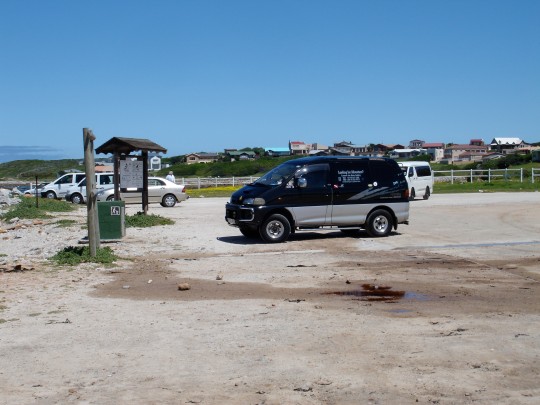It is important to establish the credentials of your diving instructor and it is equally important to establish whether he/she is an independent or freelance instructor.
An independent is just that, an instructor who can take you right through the course without being dependent on a dive centre for equipment, training material or training aids.
A freelance instructor will need to rely on the availability of gear and training aids from a dive centre. A freelance Instructor will not be able to guarantee the same gear, wetsuit, mask etc. that you have used in the pool when you do your sea dives as they are rented and may therefore be out with another diver when you need them.

To be an independent instructor you need to be able to operate independently of any dive centre. This means you will need:
- to have your own rental gear: regulators, BCDs , wetsuits, cylinders, fins, masks, and possibly even a compressor; and
- to be able to find students, discuss and plan their course schedule entirely independent of a dive centre schedule and without relying on someone else’s training aids. For example if you are going to sign up for an Enriched Air/Nitrox course will there be a Nitrox analyser? If you plan to do night diving you will there be torches available, glow sticks, and strobes? Search and Recovery dives will require slates, reels and a lift bag. Being an independent instructor requires a certain degree of self-sufficiency.
(Often, independent instructors or freelance instructors open dive centres themselves. This transition usually comes with having a retail outlet and often the main focus is then diverted from teaching diving to paying the rent. Sales become more of a focus and they then arm themselves with freelance instructor contact details so anyone wanting to do a course can be accommodated.)
When you’re signing up for a dive course, this is a useful distinction to be aware of, and you should ask your instructor about whose kit he uses, and whether he’s dependent on a dive centre in any way.











